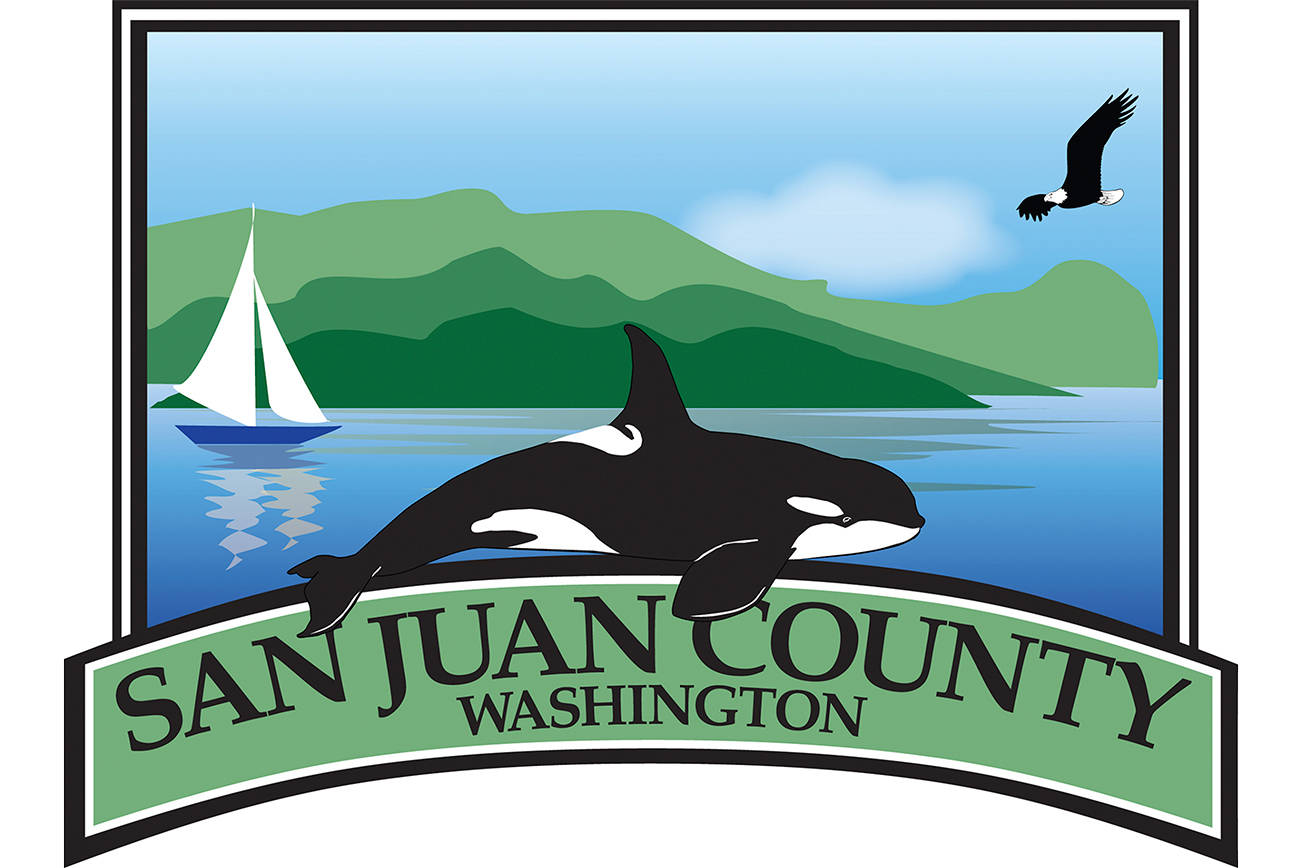Submitted by F. Milene Henley
San Juan County Auditor
This is not what we expected. We all knew a recession was coming, though we didn’t know when. Indeed, the current period of economic expansion in the United States hit 120 months – the longest ever – last July. Although there was some softness during the year, the gross national product was still growing as of the end of 2019.
I had expected the expansion eventually to die of its own weight, the fulfillment of a self-fulfilling prophecy, as people began to act as if a recession were upon us, even though it was not. Instead, another kind of fear appears to be killing it.
Already the effects of the novel coronavirus, COVID-19, are visible in the local economy. Stores are less busy, restaurants more empty than they usually are this time of year. Accommodations are starting to see cancellations of booked stays for this spring and summer. Events and activities are being canceled, leaving staff and caterers out of business. A self-employed housekeeper told me that two of her regular clients have “self-quarantined,” allowing no staff or guests into their homes – leaving her, and others, out of work.
The county has enjoyed a long run of impressive annual revenue growth. Sales tax, the most palpable measure of economic activity to hit local government, grew from 2013 to 2017 at annual rates ranging from eight percent to 16 percent. A significant drop-off in 2018, to about four percent, suggested that sales tax growth may have maxed out; but it surged back in 2019 with another year of ten percent growth.
The county has been thriving on that growth. It has added some programs and positions, in response to government requirements and community needs. More strategically, a significant portion of the growth has been reserved in a combination of capital and “rainy day” funds, thanks to a forward-thinking reserve policy and Council’s resolve to reserve even more than required by policy. Council has also chosen to use part of the growth to reduce the amount of the Roads Fund levy “diverted” to the general fund.
Property tax has also grown steadily, though slowly, its growth limited by state law to one percent plus an allowance for new construction.
Other revenue sources have also grown through 2019, though less dramatically and more erratically. Sales of goods and services declined in 2013-2015, as the County off-loaded the operation of solid waste transfer stations, but have grown steadily since. But a large component of sales of goods and services, revenue from building and planning permits, actually dropped in 2019. Building and planning are significant economic indicators because they herald development, a key sales tax generator.
State grants have trended upward over time, but the growth has been offset in recent years by declines in federal grants. The real estate excise taxes, or REET, that fund the Land Bank and capital improvement actually dropped a little in 2019, total REET growing only because of the addition of the new affordable housing REET.
Despite some softness in other revenue types, the strong sales tax performance of 2019 had suggested another good year for County revenue. With the new health scare threatening sales tax, the outlook for 2020 is dimming. Amazon sales will do their best to keep up, but declines in travel and dining and brick-and-mortar retail trade will inevitably reduce the sales tax revenue that the County has come to rely on.
This is not the end of the world. The crisis will pass, and the economy, and our community, will recover. In the meantime, let us be cautious but rational. If you are older or otherwise vulnerable, use extra caution. Wash your hands. Shop locally – the stores are smaller and less crowded. Go out to dinner occasionally. Just be careful. And whatever you do or choose not to do, don’t panic.
For up-to-date information about COVID-19 and the county’s response, go to www.sanjuanco.com/1668/2019-Novel-Coronavirus.




